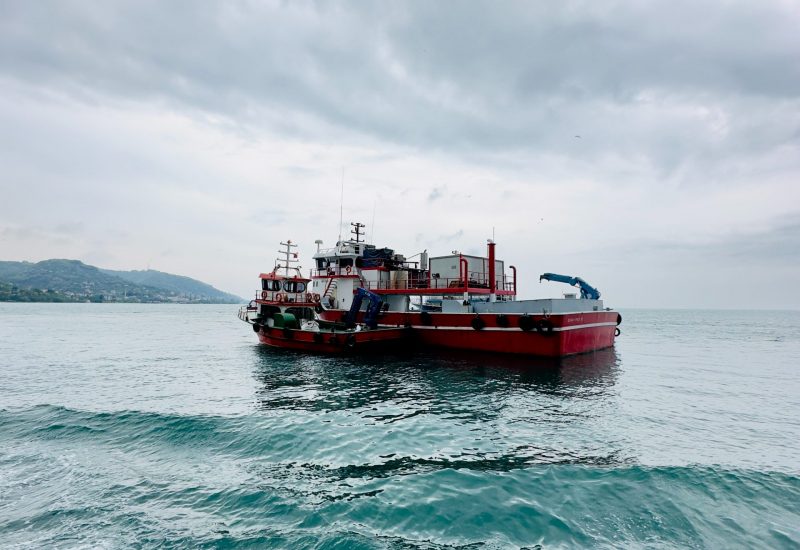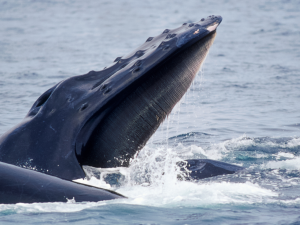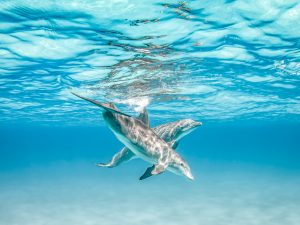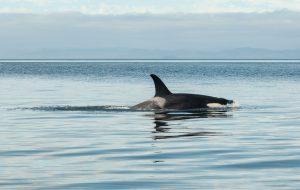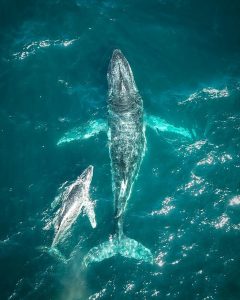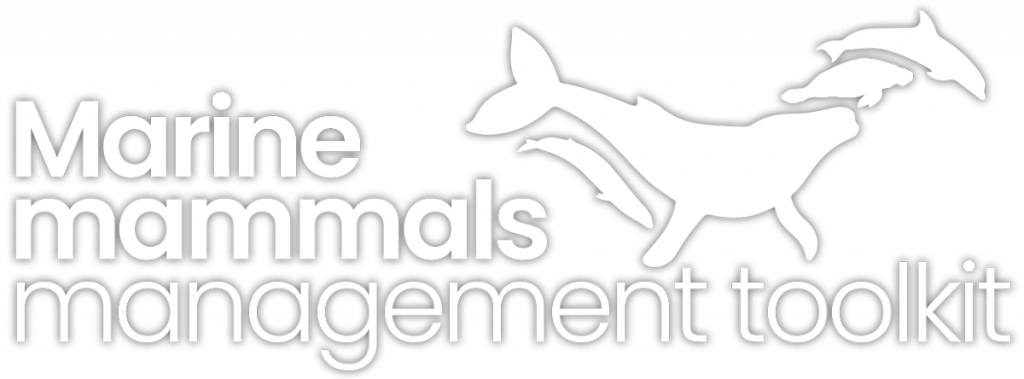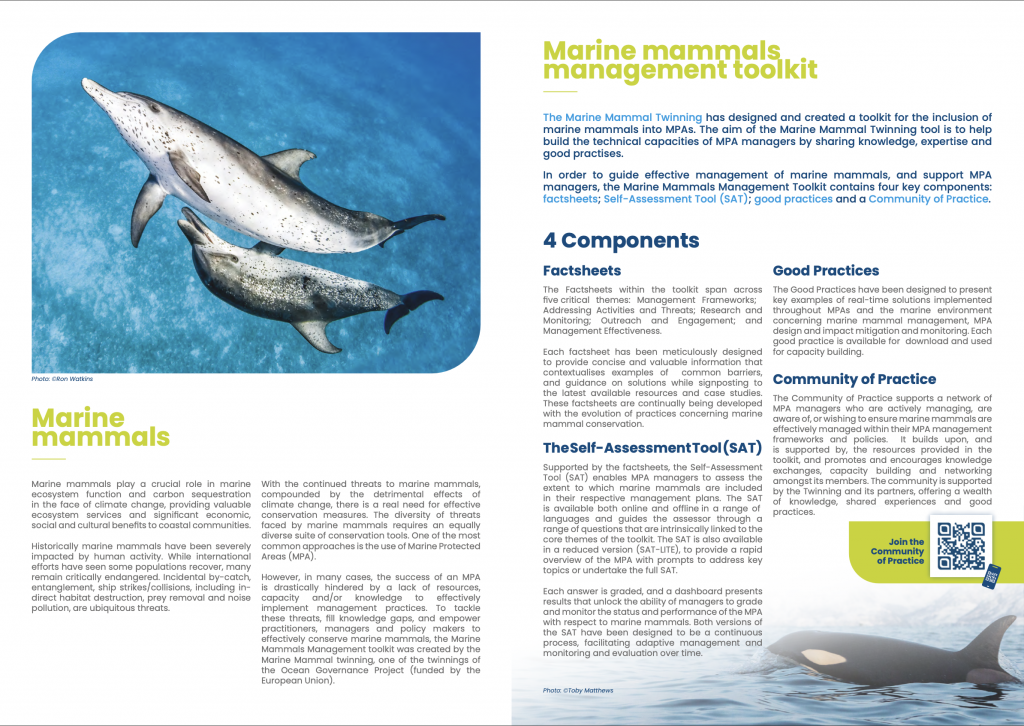Reykjavik, Iceland – On the 20th June 2023 in a landmark decision, Icelandic Fisheries Minister Svandís Svavarsdóttir announces that the country will suspend fin whale hunting until the end of August 2023. This decision comes after a thorough examination by experts from Iceland’s Animal Welfare Board, who concluded that the hunting methods employed by whalers in Iceland do not comply with the “Icelandic Animal Welfare Act”. The suspension of fin whale hunting marks a significant milestone in Iceland’s commitment to animal welfare and conservation. This decision by the Icelandic government reflects a growing acknowledgement of the need to protect vulnerable species and promote sustainable practices.
Whale hunting has been a contentious issue, with proponents recognising the country’s cultural heritage. However, the suspension of fin whale hunting demonstrates a shift in public opinion and government priorities. The decision has received widespread support from international organisations such as the International Fund for Animal Welfare (IFAW), Greenpeace, and the World Wide Fund for Nature (WWF) . The suspension is viewed as a positive signal that Iceland is committed to upholding international standards of animal welfare and sustainable resource management.
While the suspension is temporary, lasting until the end of August 2023, it provides an opportunity for further examination and reflection on the future of whale hunting in Iceland. The Icelandic government has expressed its commitment to engaging in a comprehensive review of its policies, considering scientific research, public sentiment, and the economic impact of such a decision. There is great emphasis on the importance of shifting towards alternative economic activities that promote sustainable tourism and the protection of marine ecosystems, such as Whale Watching. To learn more please visit our Whale Watching Factsheet.
Changing attitudes towards whale hunting reflects a global shift towards a greater need for the sustainable management of our oceans and natural resources. People are becoming increasingly aware of the valuable role played by whales in the marine environment and are taking the necessary steps to protect them throughout their lifecycles. From providing vital environmental services like the ‘whale pump’ where nutrients are circulated from seabed to surface, to their economic value estimated at a whopping $2.9 billion, whales provide important economic and ecosystem services, and their increased protection will benefit people and planet alike.
Sources:

